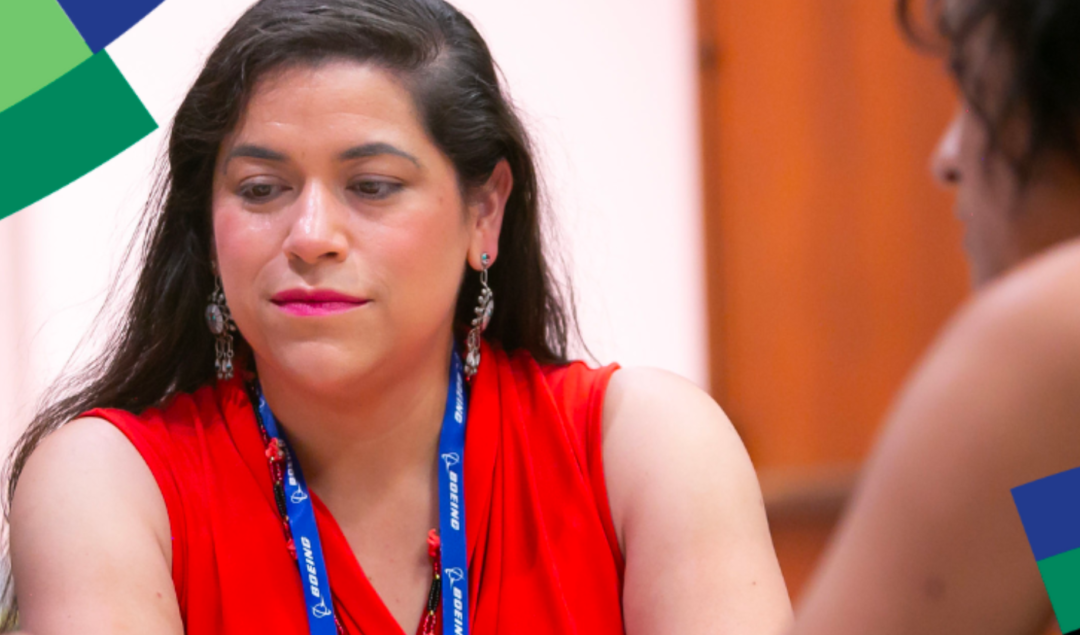The Tech Industry Is Excluding Native Communities, New Report Urges Action

A new report by the Kapor Foundation has highlighted the challenges faced by Native communities in computer science education and within the US tech ecosystem.
The State of Tech Diversity: The Native Tech Ecosystem report was published in collaboration with AISES, a non-profit professional association dedicated to advancing Indigenous people in STEM.
“The findings of this report underscore the pressing need to eliminate these disparities through continued awareness and advocacy, educational resources, and professional development tailored to our communities,” said Dr. Kathy DeerinWater, VP of Programs and Research at AISES, in a press release.
By shedding light on the systems that create and profit from the structural disparities in tech, the report aims to disrupt harmful narratives about Native communities.
Barriers in computer science education
The State of Tech Diversity: The Native Tech Ecosystem report explores the state of Native representation in the US tech industry.
The report found that only 3 in 5 (59%) Native students attend a school offering CS, and only 1 in 5 (20%) high schools on reservations offer CS.
It also found that the tech ecosystem has made little progress on Native representation.
Despite a rise in CS in higher education since 2020, Native student enrollment at two- and four-year institutions has shown little to no growth.
American Indian and Alaska Native people account for 2.9% of the US population, and Native Hawaiian and Other Pacific Islanders comprise an additional 0.5%.
However, the percentage of associate degrees in CS awarded has remained stagnant at 1% for American Indian/ Alaskan Native students and 0.4% for Native Hawaiian/Other Pacific Islander students.
Similarly, representation among these communities at the bachelor’s, master’s, and doctoral levels shows marginal shifts between 2019 and 2021.
The tech workforce and beyond
Over the last six years, the report found that the number of registered apprenticeships across the US has grown by 25%, with a 216% surge in registered technical training.
However, only 1.1% of American Indian/Alaskan Native and 0.6% of Native Hawaiian/Native Pacific Islanders hold these positions.
The ecosystem inequities extend to VC, where $156 billion was invested into US-based entrepreneurship in 2022.
Yet, American Indian/Alaska Native and Native Hawaiian/Pacific Islander founders secured only $23 million in funding.
“We are still here despite so many efforts to destroy us, and our systems of higher education and workplaces must do better in supporting the gifts we bring,” said Tiffany Smith, Director of Research and Career Support at AISES.
“We are our ancestors’ wildest dreams!”
A call for change
Based on the findings, the report calls for significant reforms and investments in including Native cultures, communities, and perspectives to build a more sustainable and equitable future.
These include increasing access to CS K-12 courses, recruiting and retaining Native students on postsecondary computing pathways, and diversified recruitment strategies.
“The first step into the tech industry is education, and it’s clear there are still huge inequities in that step alone,” said Frieda McAlear, Director of Seeding Innovation at the Kapor Foundation.



